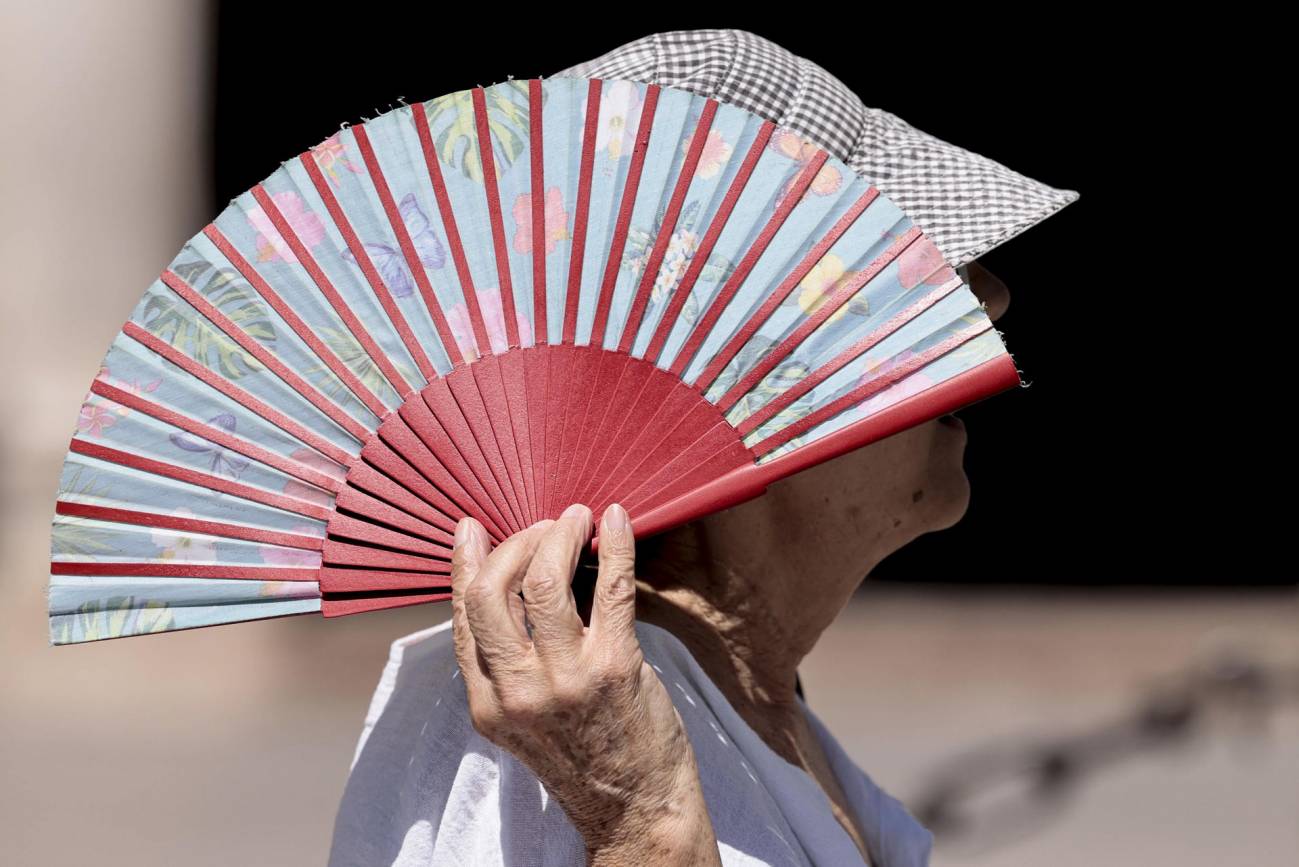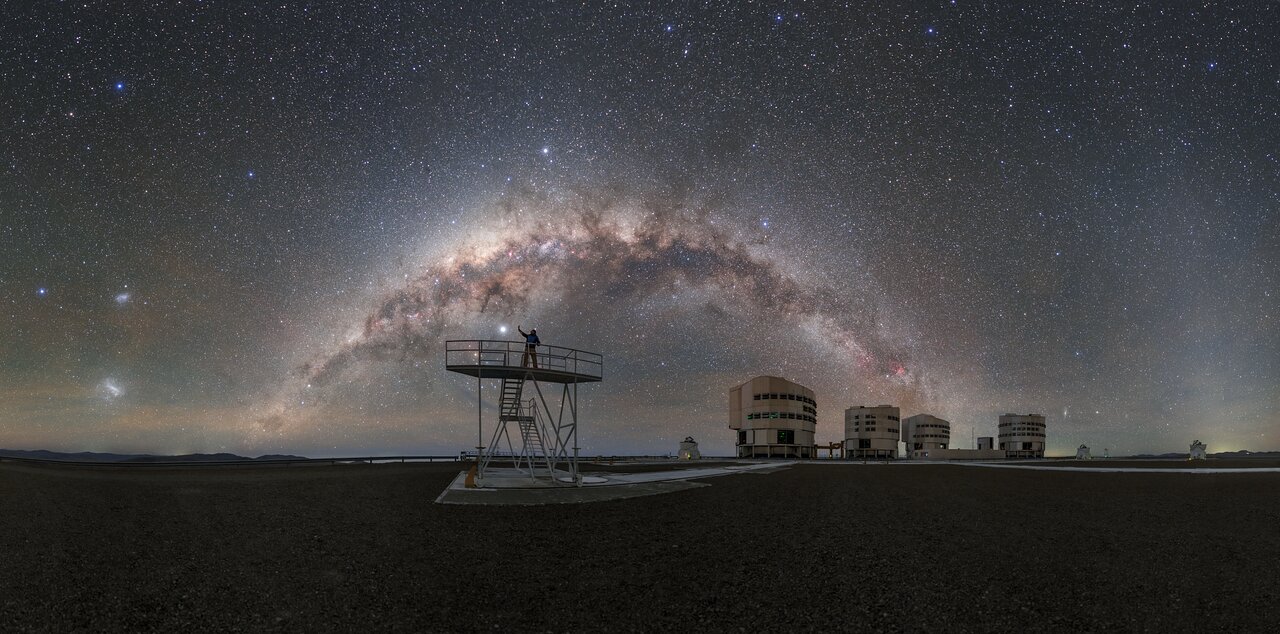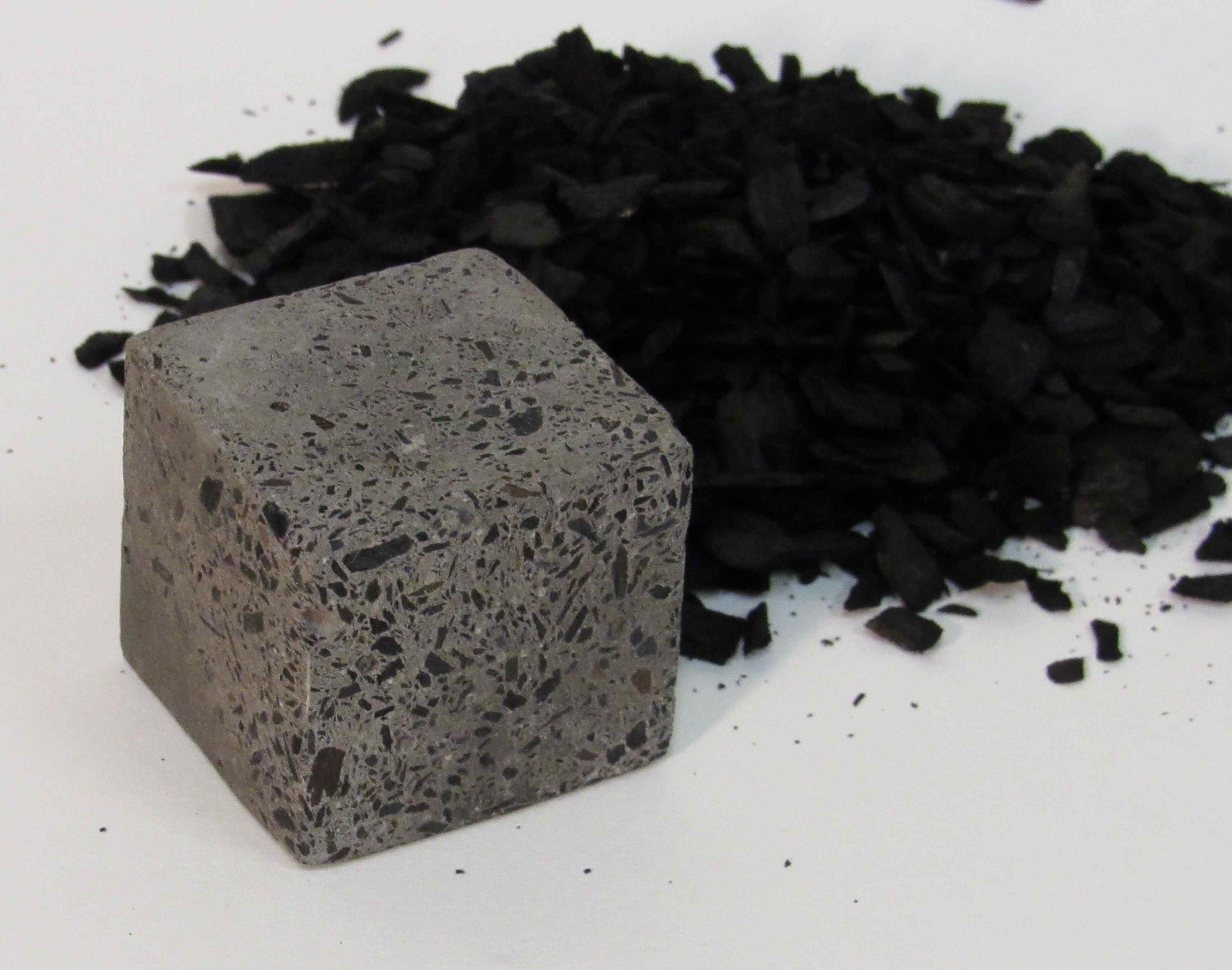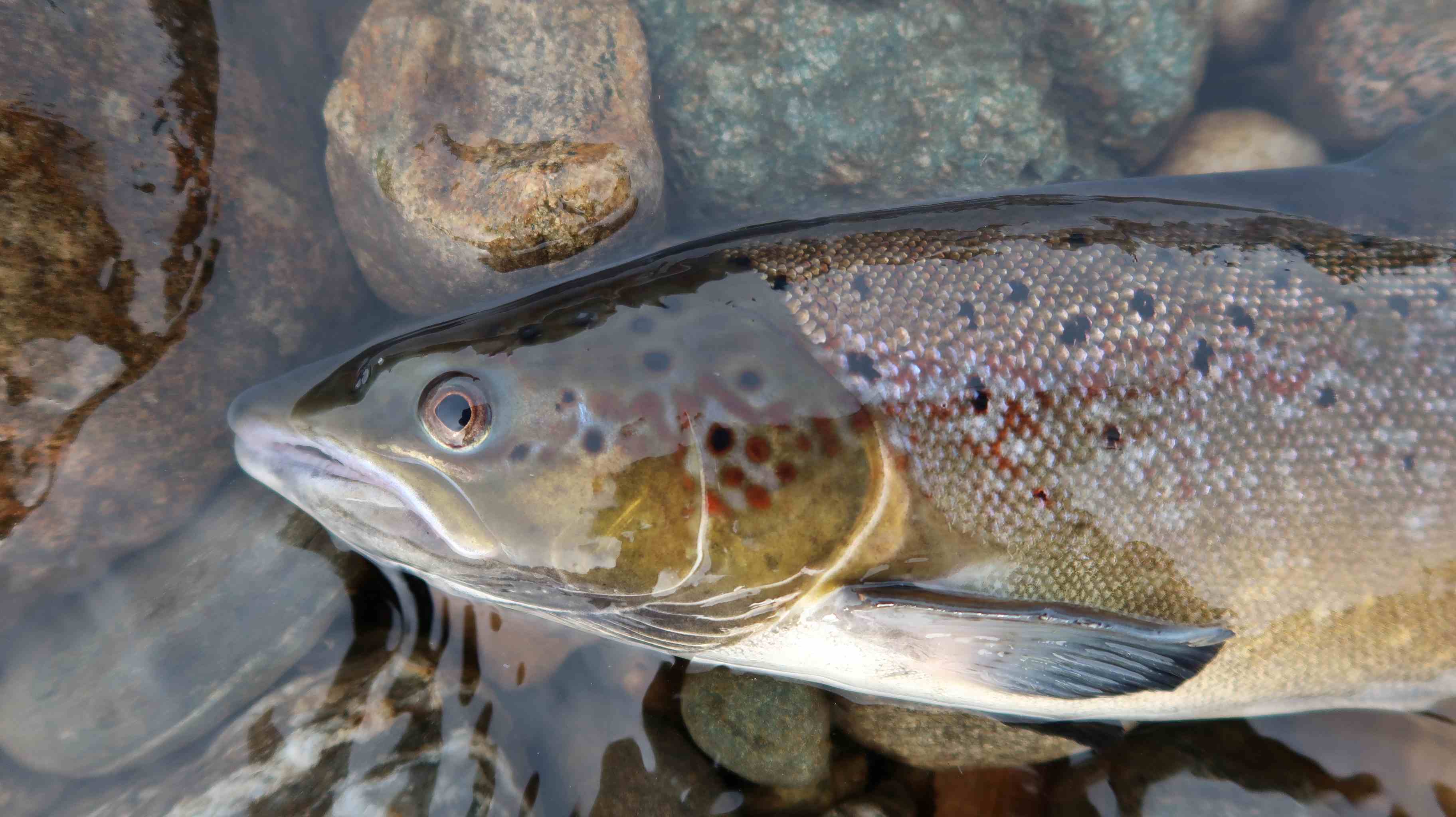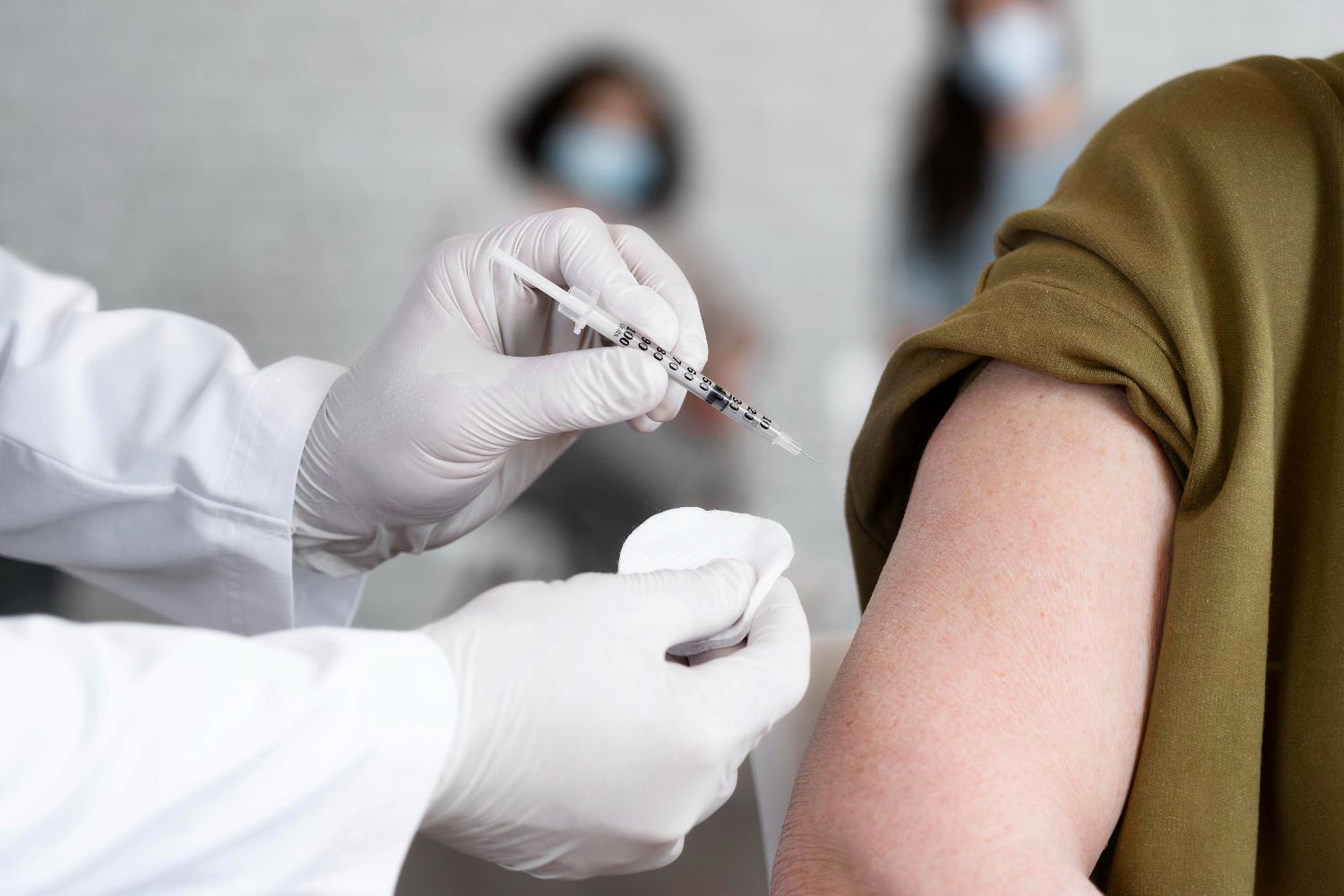Mechanism of aggressiveness of osteosarcoma, a type of childhood tumor, described
Osteosarcoma is a rare bone tumor that, when it appears, usually affects children and young adults. Due to its complexity, hardly any advances in its treatment have been made in the last 40 years. A team of researchers with Spanish participation has now described the mechanism that would explain its aggressiveness in approximately half of the cases. In addition, they propose a marker that could be used to predict prognosis. The results are published in the journal Cell.


